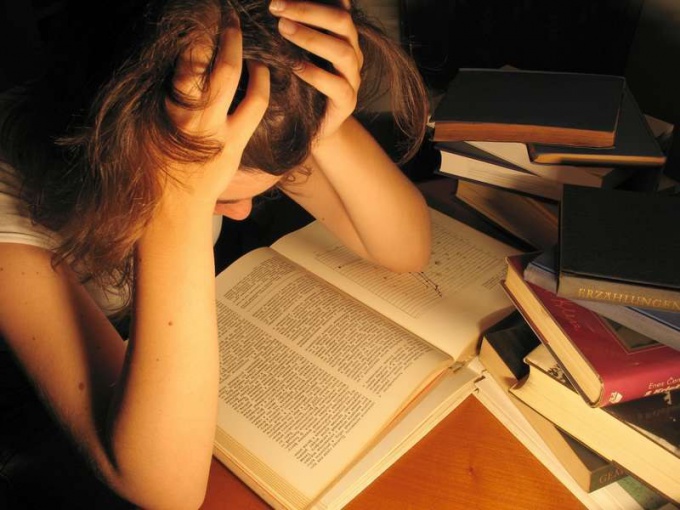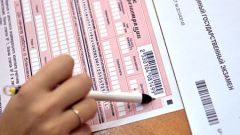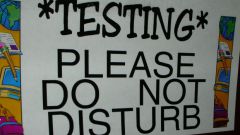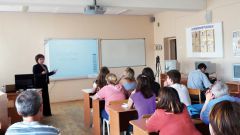You will need
- - educational literature;
- - a list of sample questions and tasks;
- - Cribs.
Instruction
1
To start, take the teacher a list of sample questions and tasks. Prepare the academic literature in statistics, where the theoretical aspects of the studied subject area, as well as examples of problems with solutions. Find the answer to each question and mark those areas in the textbook.
2
Start learning with the most clear and familiar to you, then move to more complex. The main provisions and write out formulas on paper. It is better if you will immediately in the course of training will work. Perhaps they will not be required on the exam, but you better remember the material and will feel confident.
3
The main theoretical questions of statistics are: the subject, methods and tasks of statistics;- the organization of state statistics in the Russian Federation;- rules of organization of statistical observation;- summary and grouping of statistical data;- statistical indicators and indices; methods of visual presentation of statistical data;- sampling; - the study of relationships between phenomena.
4
Next, go to the analysis of typical problems. If you ever forget about theoretical material, you can come to the crib, but the practical tasks to be attributed is unlikely. Therefore, the task of statistics should be treated very seriously. Disassemble proposed reshebnik tasks together with the author of the manual, then try to solve the same task without prompts, then try to solve an additional problem. The course address various common tasks can be assigned in Cribs.
5
In order to successfully solve the practical assignments, the student should be able to:- implement statistical observation, summary and grouping data;- build and analyze series of distribution; graphically depict and correctly read the data of statistical tables and graphs:- to calculate the statistical indicators (absolute, relative, average, variable);- create and analyse time series;- to calculate the individual and total indexes;- to make sampling and to estimate their results;- to carry out correlation and regression analysis.
6
When all of the material you study, consider again the list of questions. Re-reading them, try to make each response plan. If any of the questions will be hard, it will need to be repeated.
7
Immediately before the exam try to get enough sleep, eat a full Breakfast in the morning, grab a chocolate bar.
8
At the time of delivery try not to worry, be confident, because you've done your homework.
9
Use the crib only in the most extreme cases, because you run the risk of being seen by the teacher.
10
If you don't know the answer to any question, try not to flog crap, but to be honest the examiner, say that you are very carefully prepared and ask them to tell.
Note
As a rule, for solving statistical problems using a variety of programs and packages for data processing. The most common is MS Excell and SPSS. Perhaps, you need to master one of them.
Often teachers are allowed to use textbooks and lecture notes. But this does not mean that you can not prepare for exam, because without a basic knowledge of the subject to solve practical tasks will be almost impossible.
Often teachers are allowed to use textbooks and lecture notes. But this does not mean that you can not prepare for exam, because without a basic knowledge of the subject to solve practical tasks will be almost impossible.








